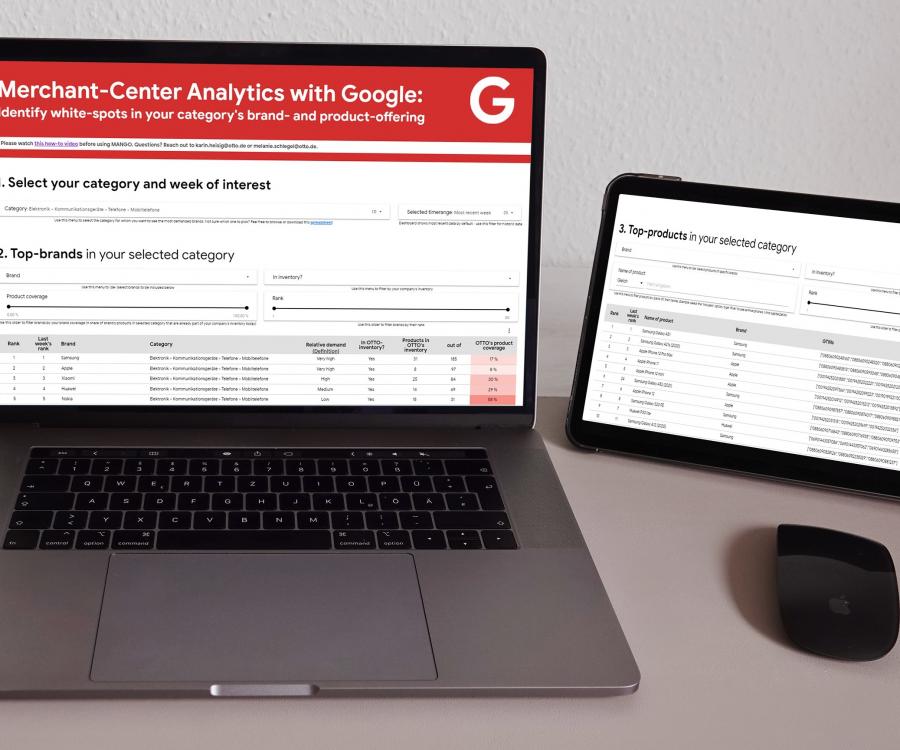
A global study on the “rating economy” shows that product ratings are growing in importance, impacting shopping behavior and brand loyalty.
Customers are relying less on marketing messages, and the balance of power is shifting toward the consumer. Ratings have become an increasingly important evaluation tool for almost every kind of purchase. Worldwide, 71 percent of consumers consider product ratings to be “important” or “very important”. Furthermore, ratings are the third most important criterion in buying decisions after product features and price, even more significant than brand. This was the finding of the recent Trend Radar 2019 – The Rating Economy* study by the global strategy and marketing consultancy Simon-Kucher & Partners.
Product ratings are the new standard
Almost half of those surveyed said they regularly read reviews before making a purchase. One third of participants also usually leave their own ratings of the products they buy, while the majority of consumers (76 percent) have rated a product at least once.
Around two thirds of customers who are highly dissatisfied with their purchases leave a rating, but 75 percent of consumers are also motivated to submit a rating when they are particularly satisfied with a product. “As our study shows, a simple rating process is the third biggest factor in motivating consumers to leave a review,” explains Georg Tacke, CEO of Simon-Kucher. “Companies can increase the number of ratings submitted by making it as easy as possible for customers to rate their purchases – without requiring complicated log-in processes or asking too many detailed questions.”
Perception of better quality and transparency leads to higher customer satisfaction
In total, 51 percent of survey participants believe they receive more value for money due to product ratings. “Not only do they feel better informed and make fewer bad purchases, they also say the products they receive are of better quality,” Tacke emphasizes. The rating economy is therefore giving customers more transparency over a product’s value before they reach the point of purchase. In the past, consumers were largely powerless against companies, but thanks to ratings, they are gaining more and more power. By leaving ratings, they are able to quickly share their experiences with other potential buyers, thus influencing which products and companies are successful. “Consumers are less reliant on marketing promises and advertising messages from the providers themselves,” notes Tacke. “The balance of power is shifting toward the customer.”
Do companies need to rethink their traditional marketing strategies?
Being able to directly compare products quickly and easily between different providers is making customers more likely to switch; ratings are therefore eroding loyalty to brands and companies. One in three survey participants stated that they had switched to a different brand due to the product having a better rating. In many cases, customer reviews have overtaken brand in importance as a buying criterion. “Above all, people aged under 40 living in urban areas are less attached to particular brands. They find the recommendations of other shoppers more believable than marketing promises and use ratings to identify the products that best fit their needs,” says Tacke. “This makes positively rated products all the more valuable for the company – so should motivate providers to continually improve the quality of their products.”
Companies stand to benefit from the rating economy, too, since 20 percent of consumers report they would buy more when products are rated highly, and 15 percent would select more expensive products. 19 percent of those surveyed said they are even prepared to pay more for products with higher ratings. This has enormous consequences for companies, and not just because the increased transparency means providers with high-value products are more clearly differentiated from those with low-value products. “Providers will have to think deeply about how they can motivate their customers to submit more ratings. For example, what is the best way for companies to set up their online shops to make the product rating process as easy as possible for customer?” asks Tacke. “Sooner or later, every provider will have to develop a strategy for product ratings.”
Consumer electronics and tourism lead the way with ratings
Ratings aren’t granted the same level of importance in every industry. Overall, the role of product reviews is most significant for consumer electronics (60 percent of consumers worldwide refer to ratings before making their purchase decision) and travel and hospitality (60 percent). “In other industries, particularly insurance, automotive, and construction, ratings are seen as having relatively little importance,” Tacke adds. “The rating trend is still in its infancy, but we fully expect to see it develop further in the future.”




